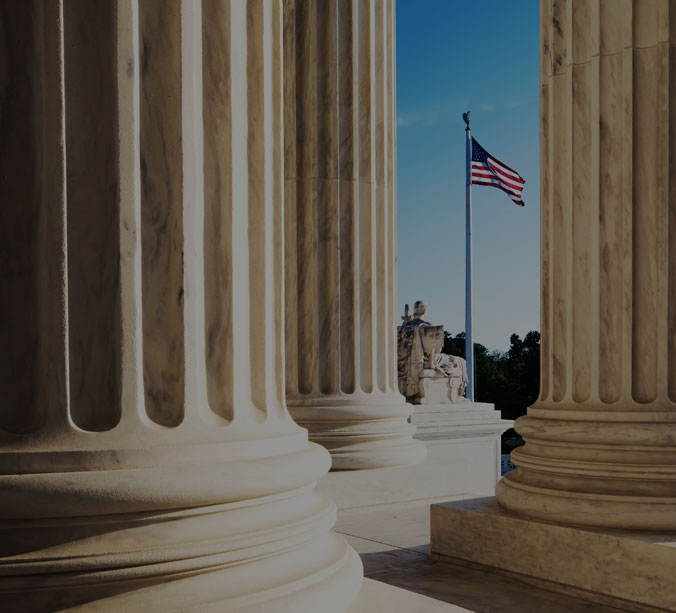Federal Money Laundering Charges
The Money Laundering Control Act of 1986 made it a federal crime to knowingly engage in financial transactions intended to conceal the proceeds from illegal activities.
The transactions singled out by the law are those that attempt to hide the source, ownership or control of the money.
- Transactions are broadly defined under federal money laundering law. Usually, they refer to bank transactions including withdrawals, deposits, money transfers and loans. They also refer to sales, purchases, and loans.
- The financial transaction does not have to actually be completed for you to be charged with money laundering. An attempt to make the transaction is sufficient.
- The transactions don’t have to involve a bank. If you simply pass money to another person with the intent to disguise or conceal where it came from and/or who owns or controls it, you can be indicted for money laundering.
The item that changes hands does not have to be money. Federal law makes it illegal to perform a financial transaction involving property you obtained through a crime to obscure where it came from or who owns it, with the intention of furthering the criminal activity.
It is also illegal to transport or transfer illegally obtained funds out of the US or into the US.
If you are convicted for money laundering, you can face up to 20 years in a federal prison and/or a $500,000 fine or a fine that is two-times the value of the money involved.
Proving Money Laundering
Evidence presented at trial must prove you intended to conceal where the money came from. However, the evidence presented has to be extensive. For example, the prosecutor needs to show not only that a large amount of cash was deposited in a bank account – they need to also show factors such as the cash was exchanged earlier for larger bills or a phony off-shore company transferred the money.
If federal prosecutors fail to prove without a doubt all the elements of your case, then you will not be convicted.
How A Pennsylvania Federal Crimes Attorney Will Help
When you are up against a money laundering charge, you will be facing inflexible laws and a determined US prosecutor. You will need a Pennsylvania federal crimes attorney who can help you determine all of your options and achieve the best outcome for your circumstances.
United States Code
Read more about federal criminal offenses in the United States Code.
Questions? Contact us today.
If you are charged with a federal crime, the consequences can be devastating. Fienman Defense will fight tenaciously to protect your constitutional rights. We will guide you through a court system that can be complex and intimidating, and provide you with the strongest possible defense.
